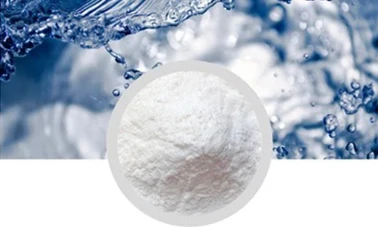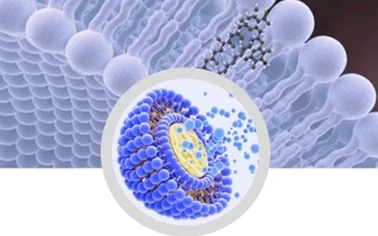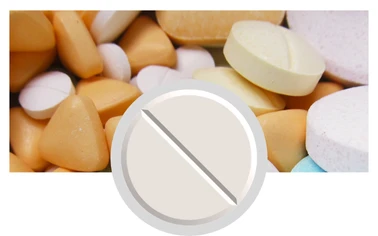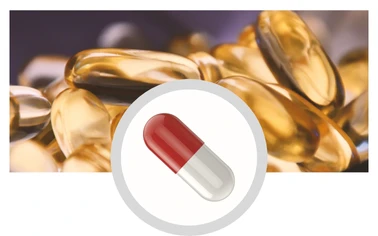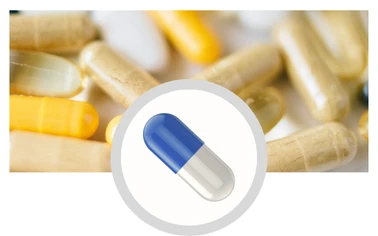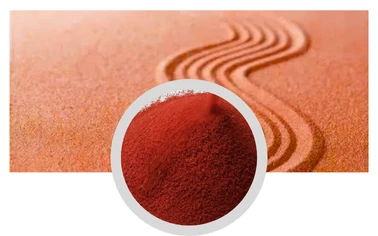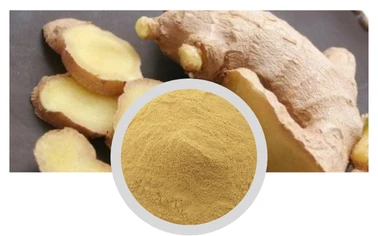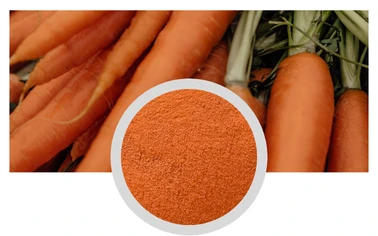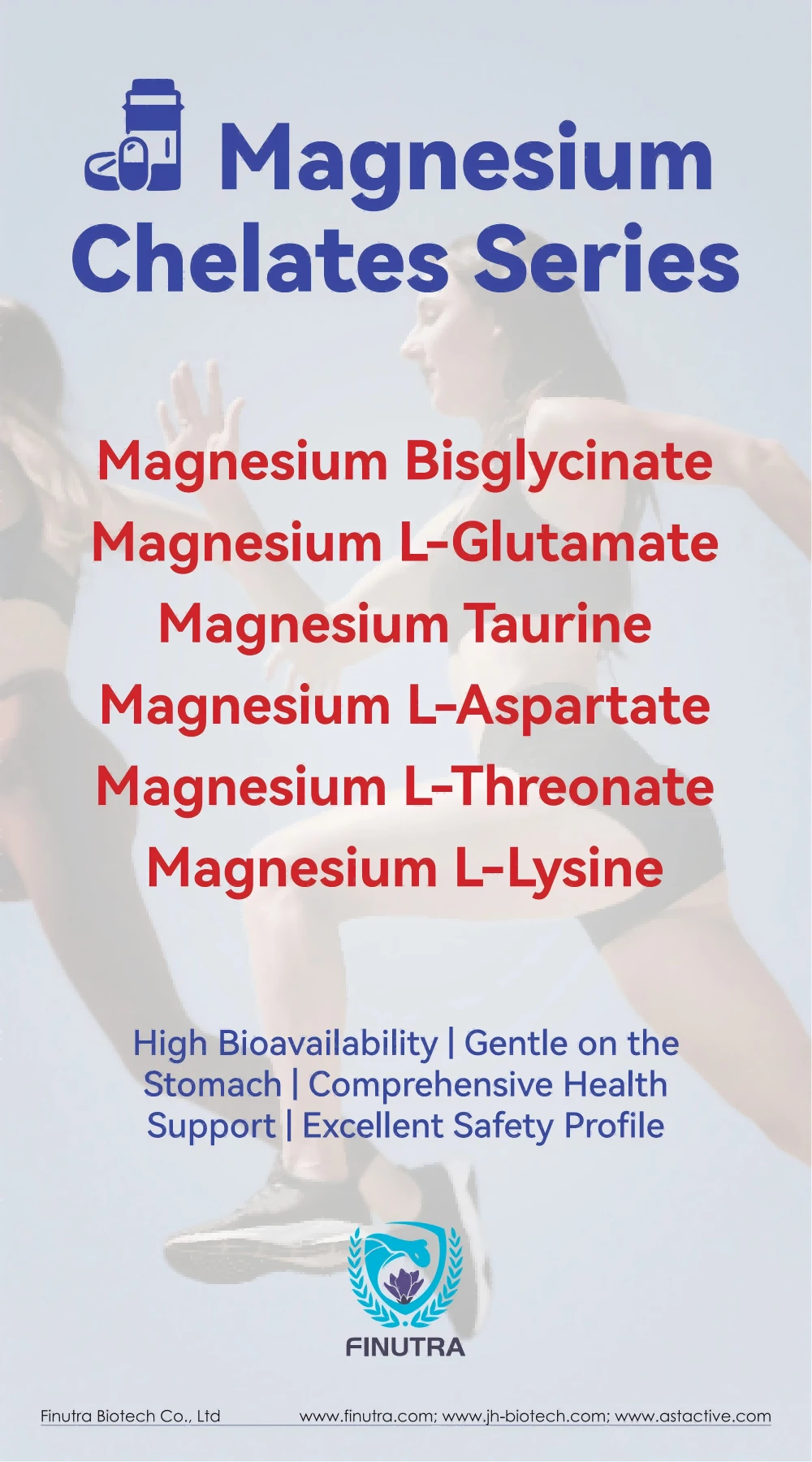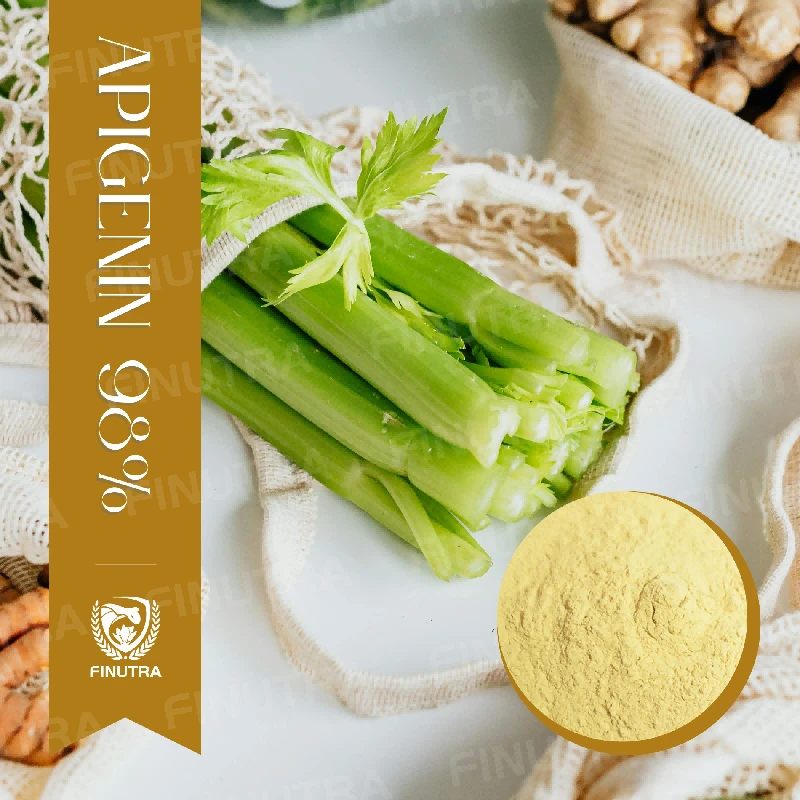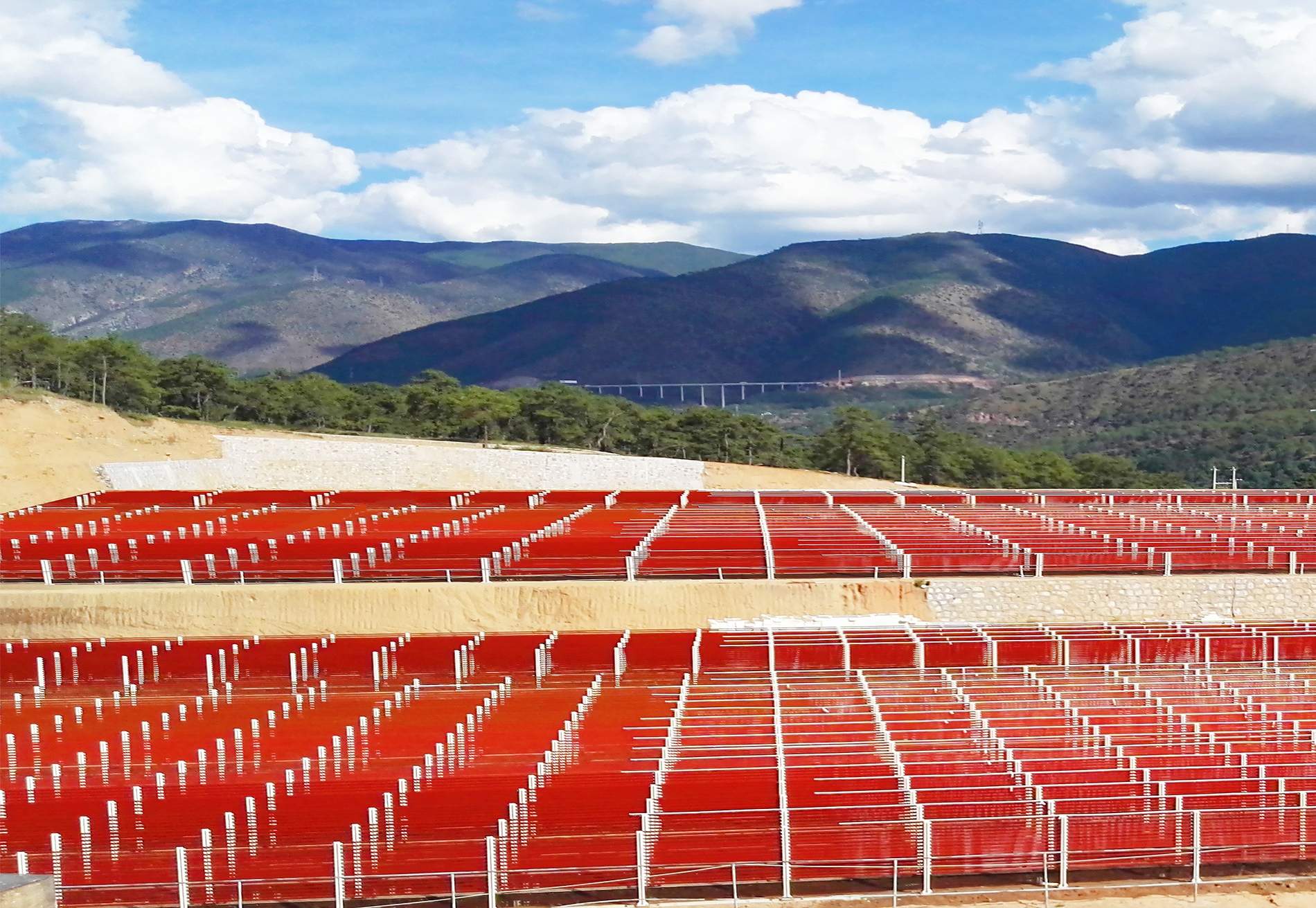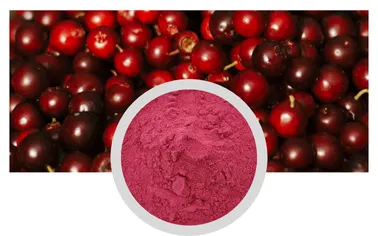
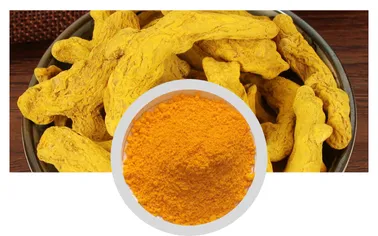
Upon reaching the desired infusion period, strain the mixture using a fine-mesh sieve or cheesecloth, extracting as much liquid as possible. Transfer the clear, aromatic extract into a sterilized glass bottle, ideally amber-tinted to protect from light degradation and extend shelf life. Utilizing ginger extract is as simple as adding a few drops to a glass of warm water to create a soothing ginger tea, incorporating it into baking for a spicy kick, or mixing it into cocktails for a distinctive zing. Beyond culinary applications, ginger extract can be used topically to alleviate muscle soreness or improve circulation due to its warming properties. Experts advocate the consumption of ginger extract to mitigate nausea, particularly in pregnancy or as a result of chemotherapy. Its efficacy in enhancing digestion and reducing bloating establishes ginger extract as a staple for digestive health. Additionally, it can serve as a natural remedy during flu season, supporting immune function and easing respiratory symptoms. While ginger extract offers numerous benefits, it's essential to use it judiciously. The concentrated nature of extracts means a little goes a long way, and overuse can lead to gastrointestinal upset. Consulting with a healthcare provider, especially during pregnancy or when taking medication, is advisable to ensure compatibility and avoid adverse interactions. In conclusion, making ginger extract at home not only empowers you to control the quality and concentration of the final product but also connects you to a time-honored tradition of harnessing nature’s bounty for health and culinary purposes. The knowledge and control you gain through this process underscore a commitment to quality and well-being, aligning perfectly with principles of authenticity and trustworthiness. By embracing this practice, you join a league of culinary and wellness experts who appreciate the nuanced power of ginger in its most potent form.
Post time:Feb - 18 - 2025



